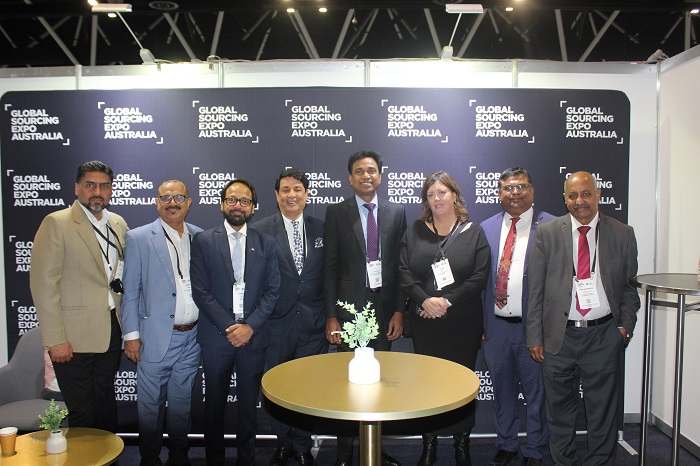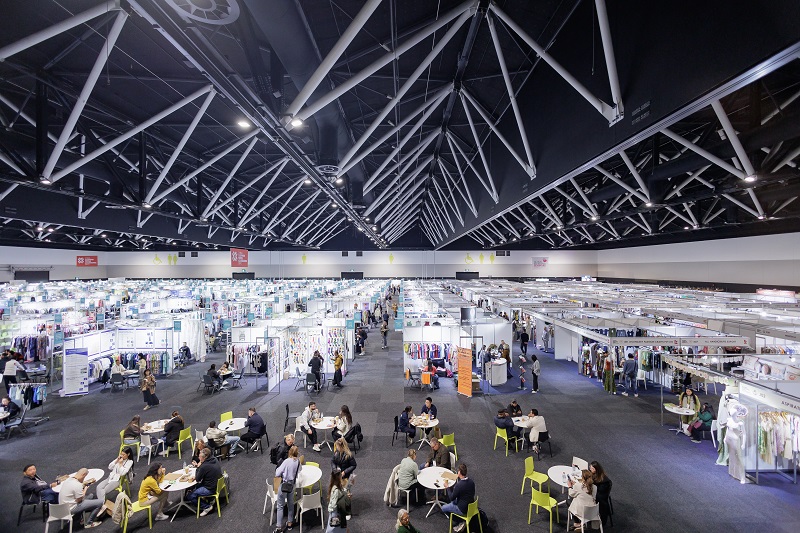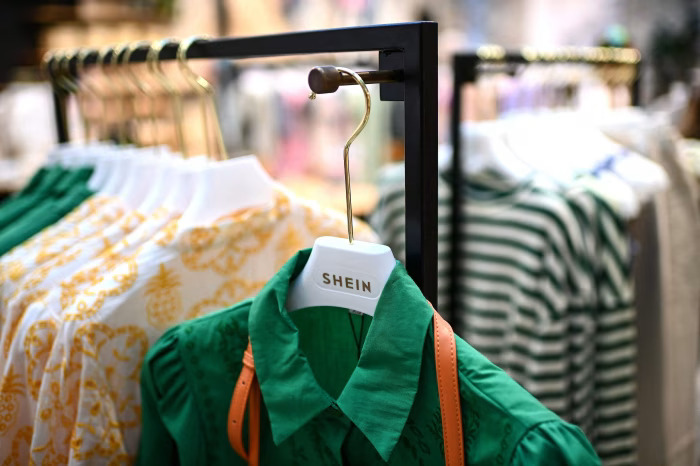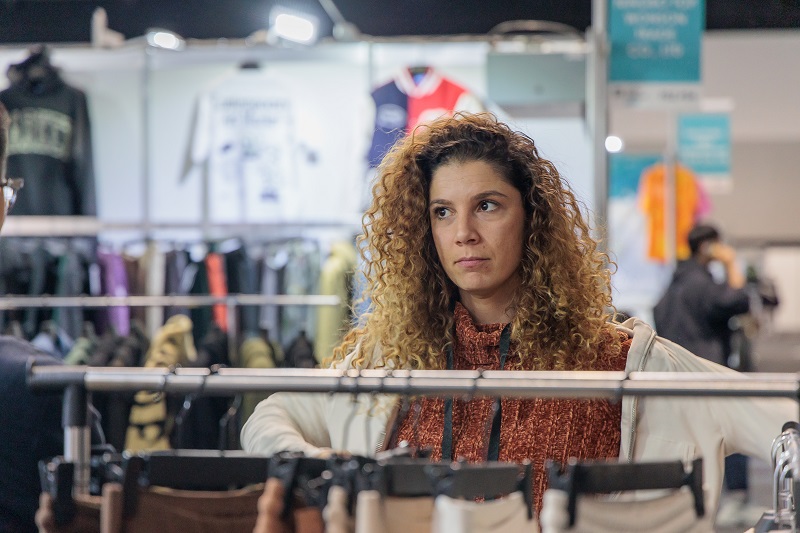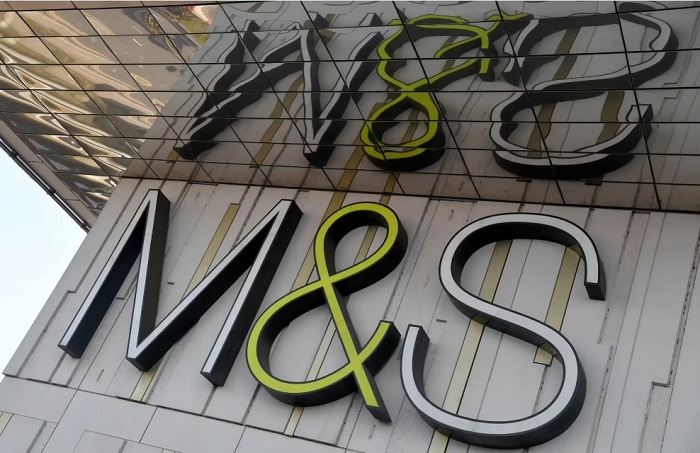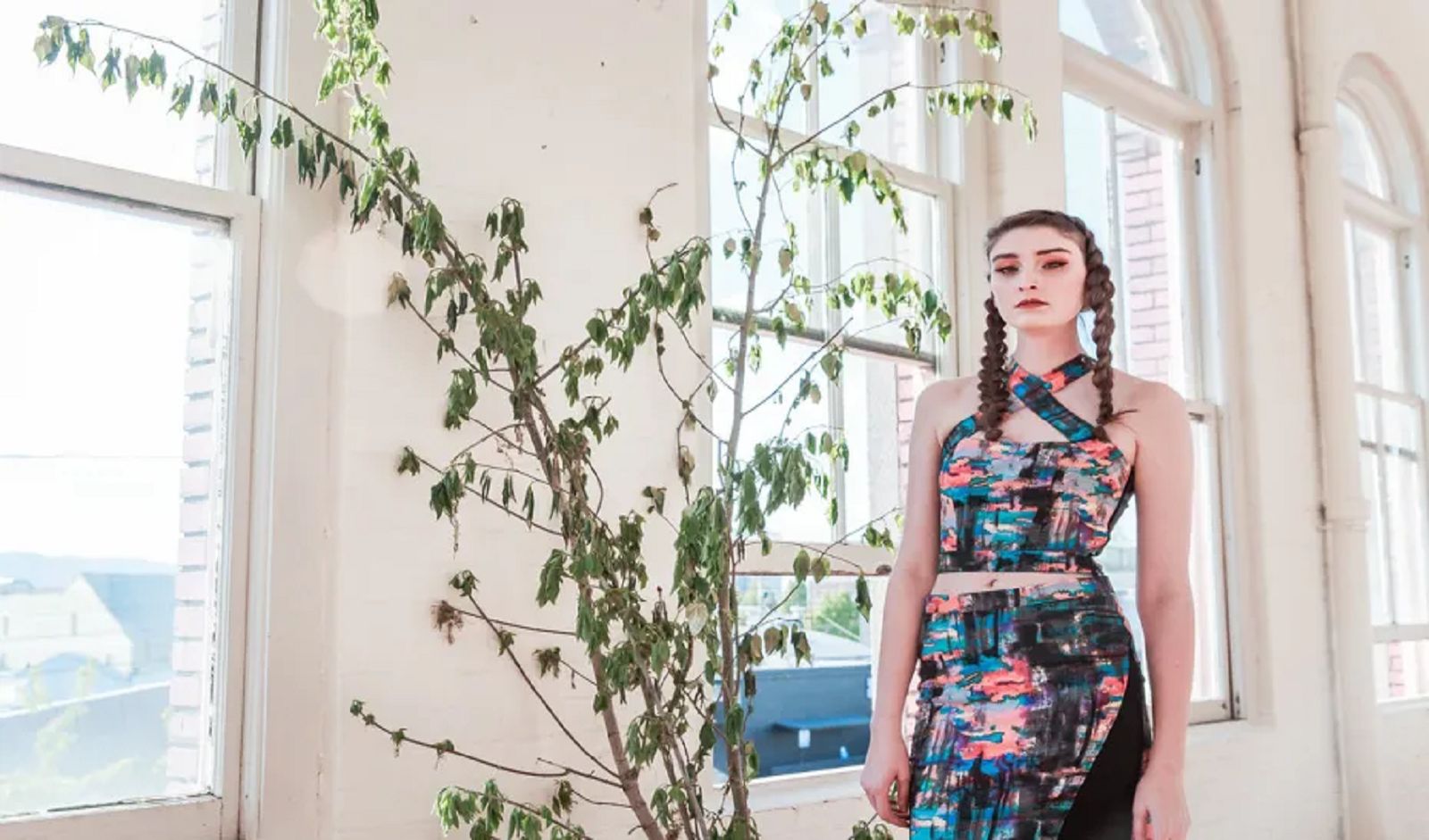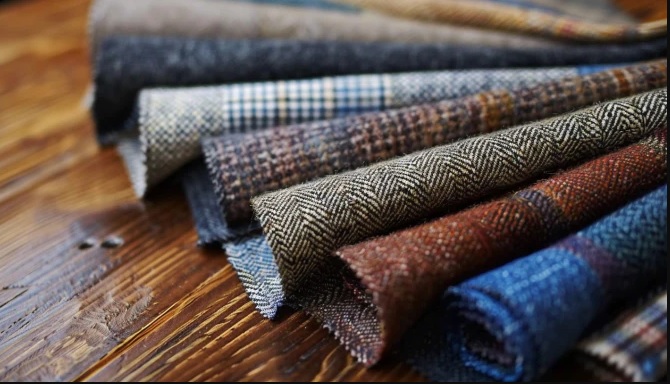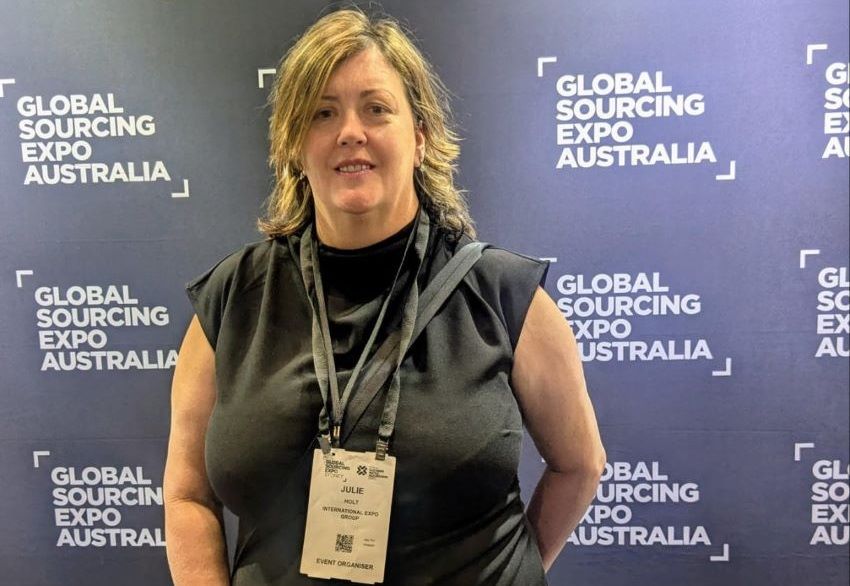FW
Alumni from design school Pearl Academy now have an online platform to showcase their creations, courtesy a tie-up with Amazon. The two have joined hands for the initiative to showcase graduating students' and alumni's creations at The Designer Boutique at Amazon. It is part of Amazon fashion's move to democratize designer wear in India and bring it to customers' doorsteps with the ease of shopping online.
Nandita Abraham, CEO, Pearl Academy, says for the last 25 years, it has been their constant endeavour to provide best platforms and opportunities to the students and help further their career goals. This opportunity will act as a launchpad for young designers and alumni to showcase their creations at Amazon.
Arun Sirdeshmukh, Head of Amazon Fashion says The Designer Boutique platform allows established and emerging designers to focus on their core products. The endeavour is to make designer wear available, affordable and accessible, says Sirdeshmukh.
Metalbottoni has set benchmarks in the production of accessories and fashion and garment finishings. Among its new offerings is an all-copper jeans button. This button is entirely made of copper, recycled processing scrap, without galvanising treatments or other chemicals. The result is a product with a potentially indefinite life cycle and which is 100 per cent recyclable. The jeans button is entirely made of recycled copper.
The brands other new collection is dedicated to beachwear accessories. Metalbottoni is participating for the second time at the ongoing Kingpins Amsterdam from October 25 to 26, 2017. It has collections developed on the basis of a new concept, which over the next few years will be underpinning the Italian company’s promotion and development activities.
The new proposals are based on a single broad connecting thread: looking at the world of accessories from a new perspective, with a view to creating products which provide unique added value for the garment. This pathway also includes a continuous improvement process requiring constant research both in terms of style and in the R&D phase.
The goal is to provide a new and forward-looking perspective on the world of accessories based on researching trends, new materials, processing and finishing techniques, paying constant attention to gaining an increasing amount of real sustainability, without neglecting the fashion side, the elegance and style which are the true trademarks of Metalbottoni.
M&S’ sourcing from Bangladesh has grown by at least 30 per cent year-on-year in the past three years. There is a big change in the garment sector. Now, owners are more proactive about protecting the production environment, where previously they were not. Bangladeshi garment units are now examples of factory safety after owners began correcting structural flaws with the help of Accord, Alliance and the government.
M&S has started purchasing diversified garment products from Bangladesh. It helps the factories with technologies, expertise, modern design and banking products so that the factory owners can survive in the business. It also helps its model factories increase their productivity.
In 2006, the British retail giant used to source garment items worth only $5 million from Bangladesh. In the current year, the value is expected to hit $700 million. M&S has no cap on sourcing items from Bangladesh. Today, Bangladesh is no longer just a source of basic garment items. It is also a major source for value-added products like formal dresses, men’s suits, formal blazers. M&S works with 12 green factories in Bangladesh. The country has no major competitor in the garment business. Myanmar and Africa have some way to go.
India has cut duty drawback rates for apparel exporters. The cut back would likely lead exporters to raise prices to balance the loss of revenue from the refund. Duty drawback rate on garments containing cotton and manmade fiber blends is now 2.5 per cent compared to the earlier 9.5 per cent. Clothing items made of silk are now subject to a rate of 4.8 per cent compared to the earlier 7.6 per cent while the rate on wool apparel is 3.5 per cent from 8.7 per cent.
The Apparel Export Promotion Council (AEPC) wants the earlier rates to be continued till March 31, 2018, to instill confidence in the sector and for sustaining employment in the sector. It says in the absence of encouraging drawback rates, exports will further witness a sharp decline just when the industry was expecting a recovery.
In contrast Pakistan has raised duty drawback rates to promote exports. Half the incentive for eligible textile and non-textile sectors will be given immediately. The remaining 50 per cent of the rate of incentives would be provided if the exporter achieves an increase of 10 per cent or more in exports compared to the corresponding period of last year. An additional two per cent drawback would be provided for exports to non-traditional markets.
A cotton and textile fair was held in Uzbekistan from October 23 to 24, 2017. Over a billion dollars worth of deals for export of readymade garments and semi-finished products were signed over two days. A number of presentations were held within the framework of the forum. One of them was devoted to the Better Cotton project for sustainable cotton production.
The fair was attended by the world’s cotton industry leaders, textile companies and sales agents. Visitors were able to familiarize themselves with the industry news and had an opportunity for networking and direct cooperation.
There were sessions on development of cotton and textile sectors in individual countries, trends in the world cotton market, aspects of its trade, logistics and insurance. A range of issues related to genetics and biotechnology for creation of selection varieties of cotton, agricultural machinery for growing cotton, its protection from pests and diseases were discussed. Special attention was paid to consideration of problems and achievements in the field of primary cotton processing, instrumental evaluation of the quality of cotton fiber, and its textile processing.
The cotton fair’s popularity is growing every year. In 2005 there were 170 attendees from 30 countries. This year the fair hosted over 1,500 experts from 44 countries.
Denim Première Vision will be held in France, November 14 to 16, 2017.
The event will combine business, celebration, culture and inspiration. It allows players in the denim sector - and more generally in the fashion world - to come together around the latest creative, technical and technological developments presented by the market’s most innovative suppliers.
For this new edition, 75 exhibitors have confirmed their presence. There will be weavers, manufacturers, launderers, finishers, accessory makers, technology developers, promotional organizations, service providers and spinners. Among the participating countries are Turkey, Morocco, Italy, Japan, Spain, France, Pakistan, India, Bangladesh, China, Mauritius, and the United Arab Emirates.
To better adapt to the needs of denim brands and fashion designers, Denim Première Vision is launching a new area, the Small Minimum Quantity Corner. This is a space that will bring together a selection of fashion manufacturers, laundries and finishers offering technical and technological know-how, quality service, fast time to market, and above all flexibility in terms of production volumes. Five companies from Italy, Morocco, Portugal and Turkey will be featured in this space.
There will be workshops and conferences on the new socio-cultural values of denim, fashion at the heart of denim, keys to a successful denim product, circular economy and new business models and the evolution of the value chain.
Esprit has raised the bar of its sustainability commitments and contributing to a more circular fashion ecosystem. The retailer will uphold ethical and sustainable measures in its business operations and supply chain. Esprit operates 666 stores and 20 e-commerce shops worldwide.
For materials and products, Esprit is working on increasing its share of organic cotton and developing more eco-conscious products. Esprit wants to boost its sustainable sourcing and animal welfare initiatives.
Even though Esprit is already sourcing 10 per cent sustainable cotton for its apparels, the company wants to derive 50 per cent of its cotton from more sustainable sources by 2021. Esprit is a fur-free company and will also continue to ensure 100 per cent of its feathers are sourced from companies that comply with the Responsible Down Standard. More recycled materials will be used in Esprit’s apparel production process.
The company verifies the social performance of all of its suppliers annually, and evaluates suppliers’ sustainability efforts with a transparent supplier scorecard system. This evaluates suppliers for their overall performance, looking at things like social standards, environmental standards and transparency. Esprit’s scorecard system weighs on the aforementioned factors and more traditional metrics, like on-time delivery, quality and price.
Hyosung has partnered Turkish company Bossa to introduce Xplay, a collection of bi-stretch denim with Creora Fit 2. Hyosung is the largest elastane producer in the world and Creora is a brabd from Hyosung. Bossa offers yarn, dyeing, weaving, and denim finishing processes.
Creora Fit 2 is a proprietary technology, using a Creora yarn for 360 degree stretch offering a sleek and flattering fit. Creora Fit 2 has allowed Bossa to create the Xplay bi-stretch collection for the most flattering yet comfortable fitting denim. Bossa is targeting brands and retailers who want to enhance consumer loyalty through better fit and superior comfort.
Hyosung is one of Korea’s leading multinational conglomerates, with annual worldwide sales of more than $8.7 billion. Hyosung has a global network of more than 73 subsidiaries and international branch offices around the globe. Hyosung first developed its own process for manufacturing spandex in 1992. It has grown to be probably the largest spandex producer in the world with plants in Korea, China, Vietnam, Turkey and Brazil. Hyosung has developed a global brand positioning platform, new logo, tag line, and new advertising campaigns, defined and developed new products, and implemented marketing plans to create demand.
Sustainable Brands will be held in Denmark, October 30 to November 1. Nearly 400 brand leaders and sustainability strategists will gather at conference to discuss the business opportunity for elevating brand value and loyalty by recognizing a shift in societal aspirations.
A unique mix of plenary sessions, breakout groups and deep dive sessions, SB’17 Copenhagen will equip attendees with the latest tools, methodologies and insights to drive purpose-led business success. Through a dynamic activation hub, innovation lab sessions, and a series of networking activities and special events, attendees will find business partners necessary to bring innovative ideas to life and further business objectives.
There will be sessions on topics such as the B Corp movement in Europe, the business case for gender equity in the workplace, ensuring balance in circular supply chains, and evaluating the progress towards sustainable development goals. One presentation will be on extending science-based targets along the supply chain and engaging suppliers in greenhouse gas emissions.
Environmental and social good is shifting from a nice-to-have to being a necessity on both a business and brand level. The event will equip forward-thinking brands with the tools, frameworks and partners they need to leverage these new forms of value and deliver tangible results for their business.
Woolmark has partnered with Fashion Tech Lab by which they will pool expertise in sourcing, supply chain and sustainability to educate and empower finalists through a dedicated mentorship program. Fashion Tech Lab will power the new Innovation Award. This celebrates the collection with the most innovative and creative wool fabrication, process or development and will be awarded to the finalist who demonstrates the most exciting approach to help reduce its social and environmental footprint. The award will be given to 12 designers.
Fashion Tech Lab is a hybrid platform that combines an investment company, a multinational incubator, a consulting agency on innovation for the fashion industry, an experimental laboratory and philanthropic organisation, all aimed at helping new technologies and sustainable innovations connect, collaborate, and create products and brands that evolve the industry and improve its social and environmental footprint.
The ultimate aim of this partnership is to give the 12 finalists the best opportunity to enhance their business through innovation and sustainable processes, so they can meet the discerning needs of tomorrow’s customer. As the award continues to evolve, Woolmark’s aim is to encourage designers to think beyond today and embrace future technologies, which will ultimately provide a positive impact for tomorrow.


